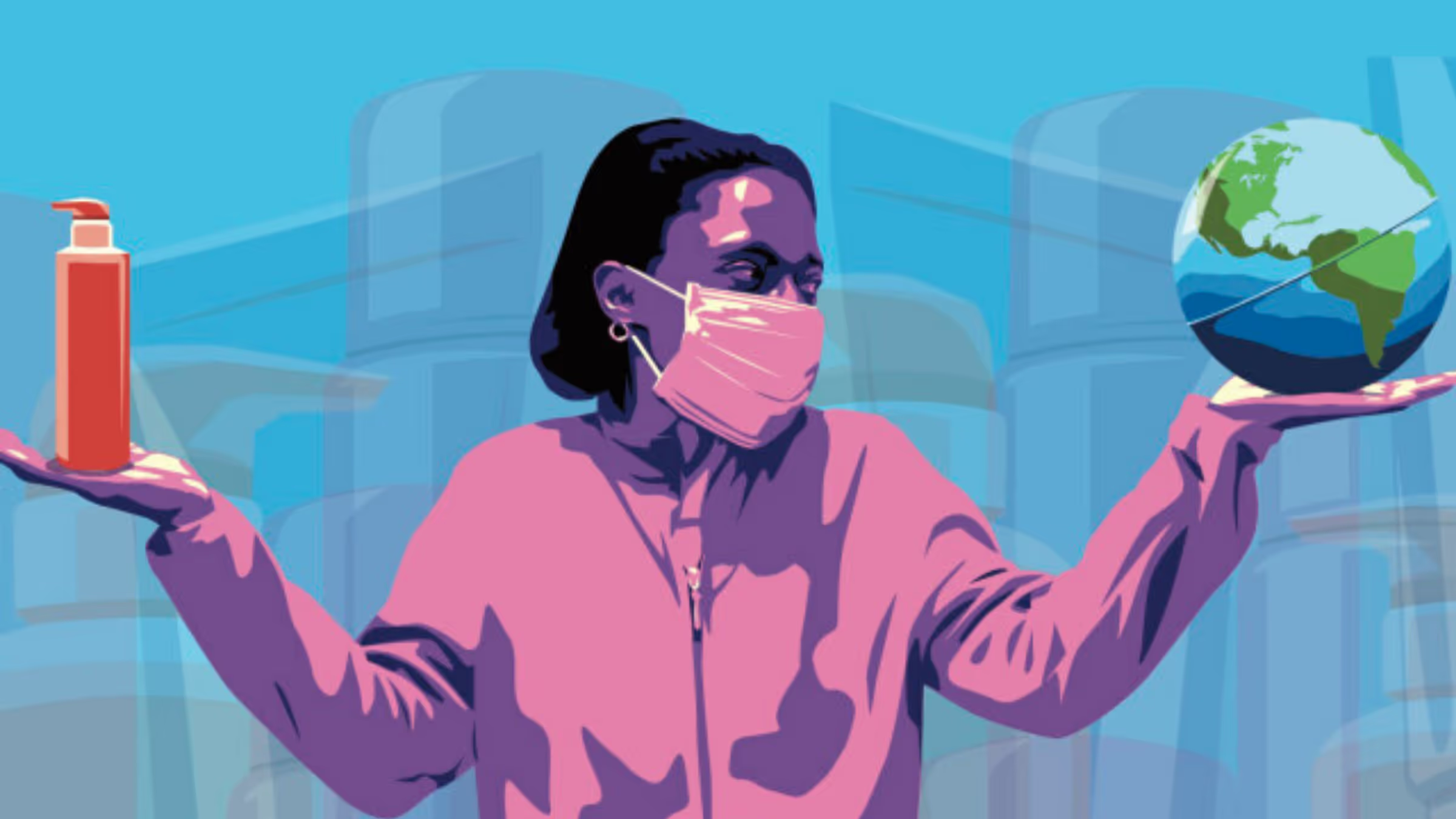The Zero Waste movement is not new. Bea Johnson, a blogger turned author from Zero Waste Home has been credited for coming up with ‘zero waste’ lifestyle in 2008. While she popularized the movement from an at-home lifestyle, the term was first used by Paul Palmer in 1970s in relation to the use of industrial chemicals. If you’re looking to learn how to incorporate zero-waste in your life here are some easy-to-follow zero-waste essentials!
A zero waste lifestyle invites several questions because the majority of us believe that it is a near impossible task and a luxury that only few can afford. It’s important to put these floating rumours to rest. Zero Waste is for ALL and it doesn’t have to cost extra money or time to take steps towards a zero waste lifestyle. Defining the term is not easy but when put simply, ‘zero waste’ is a personal relationship that you build with your garbage. It’s about moving towards a redefined waste management system of a circular economy where nothing gets sent to landfill. This is not only beneficial for the environment – it also promotes social equity and benefits the economy.
The principles which govern a zero waste lifestyle that one should live by are waste prevention, separate collection and reduction of residual waste. While a zero waste lifestyle definitely takes a lot of effort, it does get easier everyday. Everyone’s zero waste journey is different, and it’s important to strive for progress, not perfection.
Here are some of our essentials for starting your zero waste journey:
1. Reusable Bottles

Without doubt, a reusable bottles is the easiest and most affordable zero waste swap you can make. Start with a simple refusal of plastic bottles and disposable cups. Carrying your own flask or reusable drinking vessels for any hot or cold drink not only reduces your purchase costs but also cuts down on immediate litter. KeepCups are essential for coffee lovers. They also have the advantage of snugly fitting in your handbags so that you can carry them everywhere!
2. Plastic-Free Kitchen
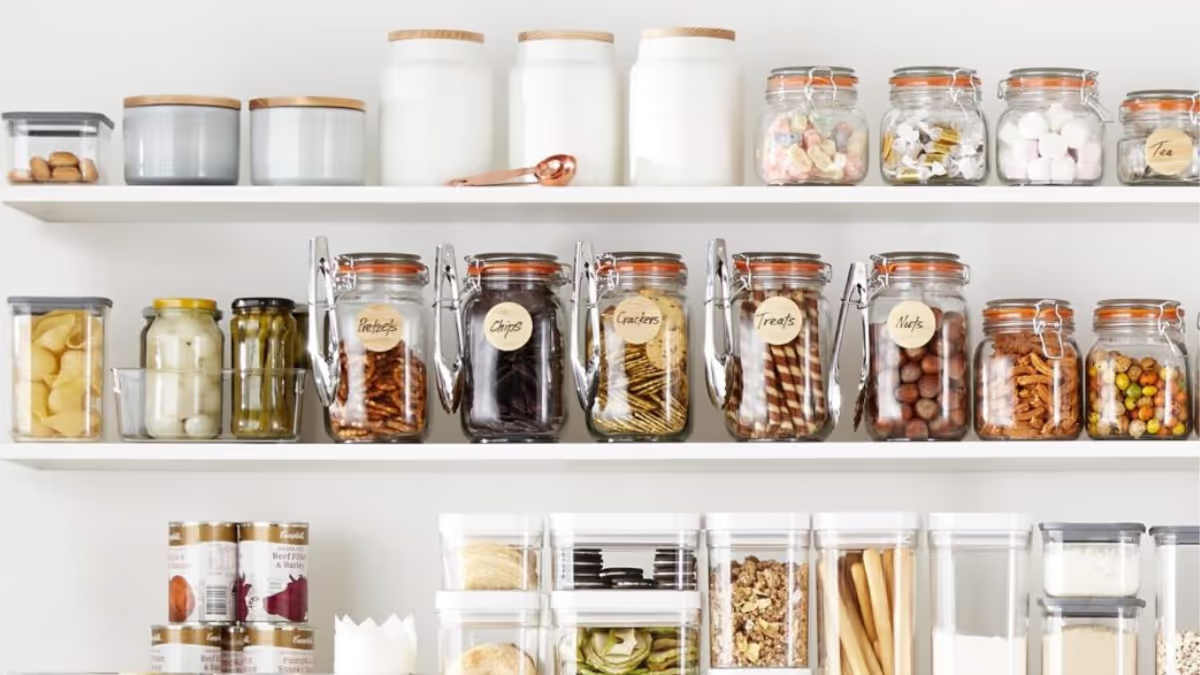
The majority of household waste comes from the kitchen. Shopping for only what you need and no more, freezing leftovers and making your own veggie stock from your food scraps is great start. You can also start the healthy habit of composting your food waste – this is very important in terms of reducing carbon emissions.
3. Reusable Shopping Bags
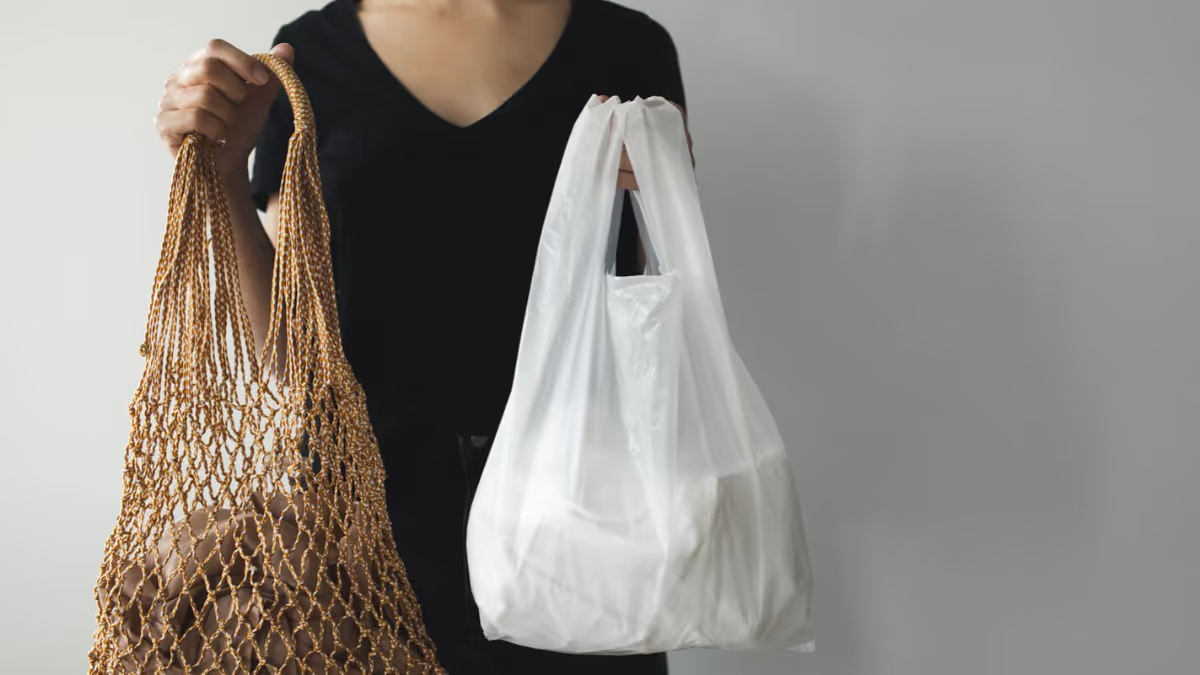
You can create your own zero waste shopping experience by carrying cloth or paper bags for using instead of single use plastic ones. You can buy an organic cotton bag or even have a go at making your own from old clothes or second hand fabric.
4. Eco-Friendly Toiletries
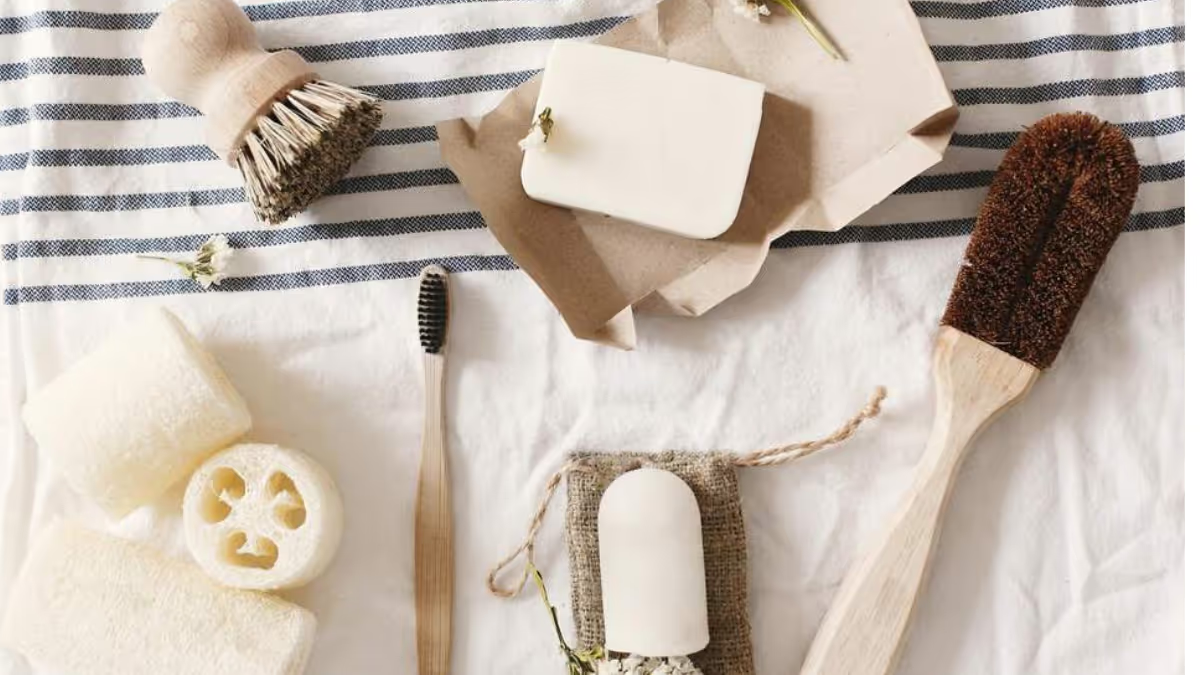
Did you know that you could build your own plastic free bathroom? Recycled toilet paper rolls, stainless steel razors, soap bars, DIY beauty products, bamboo toothbrushes, bamboo combs and eco-friendly shower puffs are some of the immediate alternatives that could find a place in your bathrooms.
5. Eco-Friendly Sanitary Products
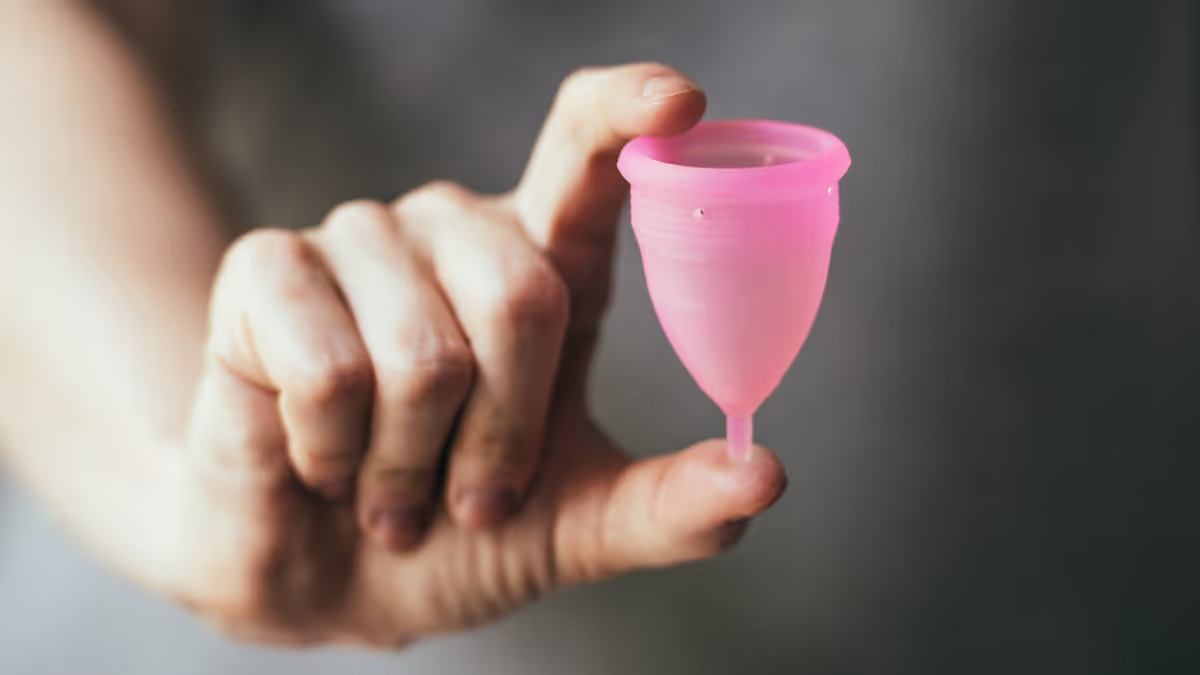
Commercial sanitary products are harmful to both women’s health and the environment. Switching to eco friendly sanitary products is a game-changer and a life-saver! You can pick from the two varieties of eco-friendly pads – reusable and disposable. Moreover, organic menstrual cups are another alternative which have minimal impact on the environment, are long-lasting and money saving.
Looking for more inspiration? Check out our Favourite Zero Waste Bloggers to inspire you and start your zero-waste journey! Make the first step towards a sustainable lifestyle by calculating your plastic footprint and going Plastic Neutral with us today! For about the price of a coffee a month help ensure that your plastic waste stays out of the oceans.


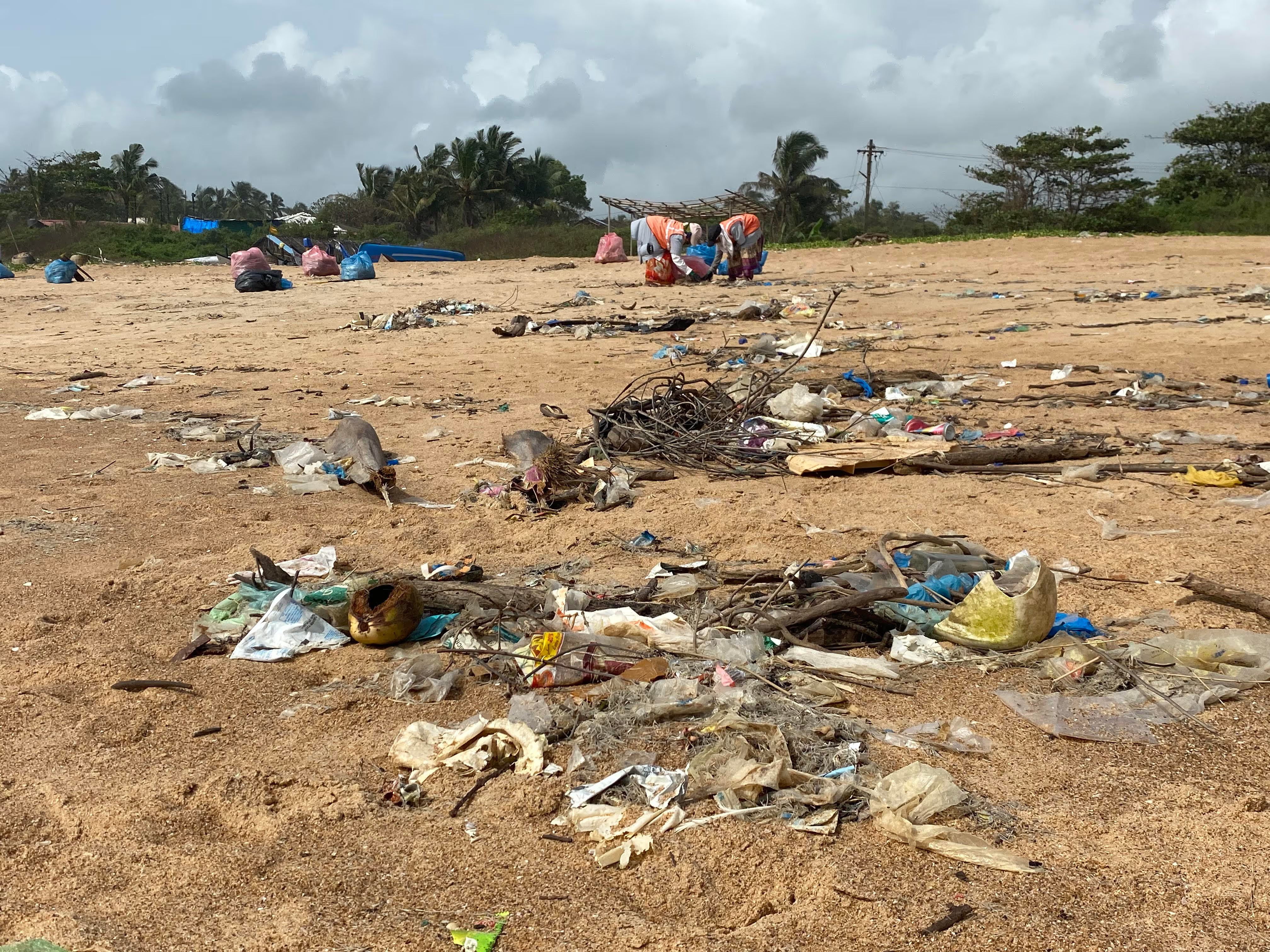
.avif)

